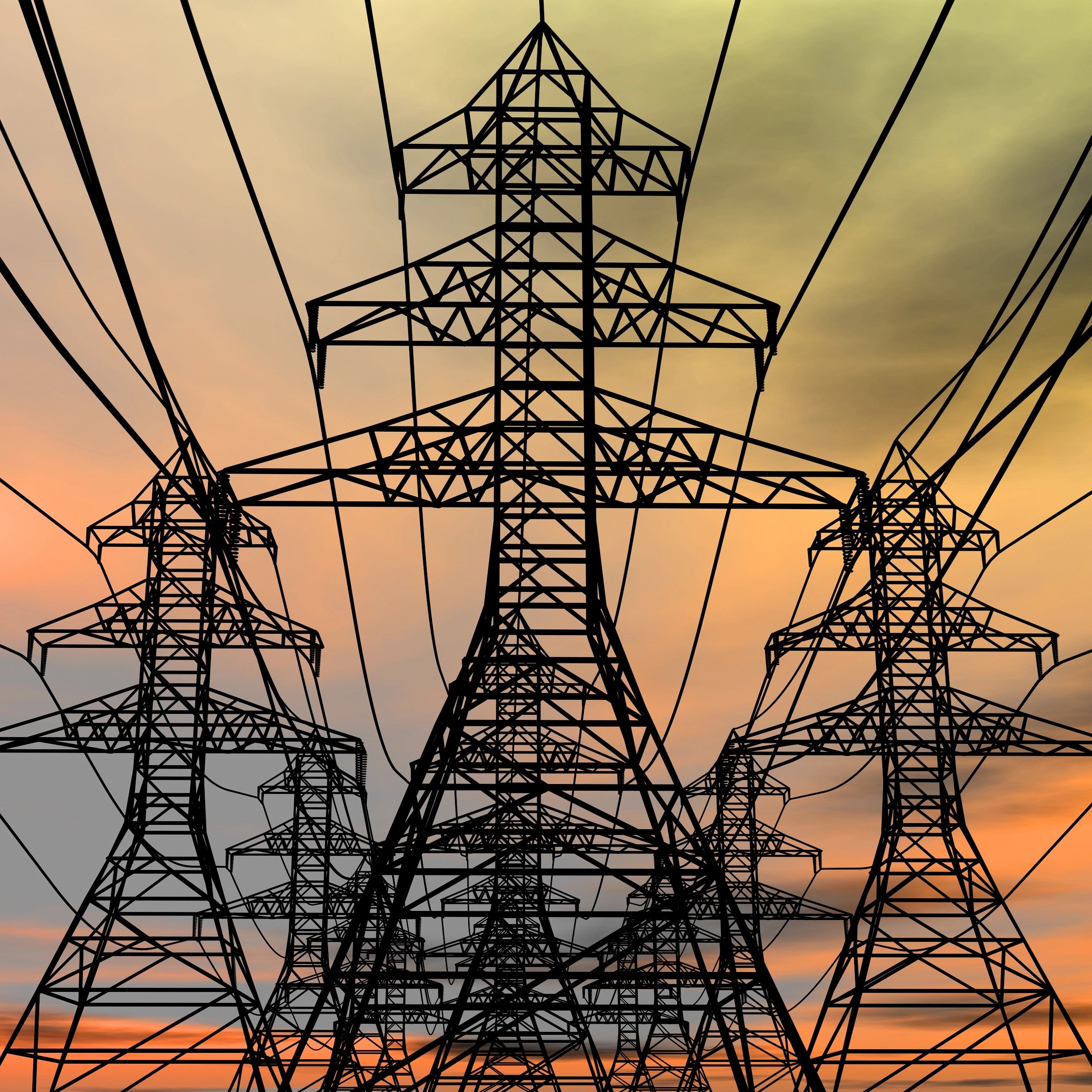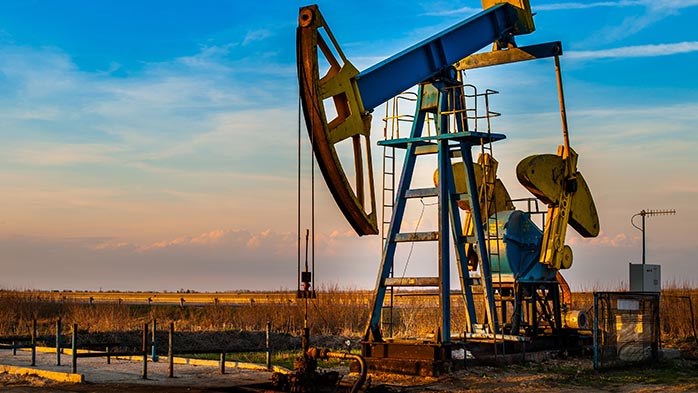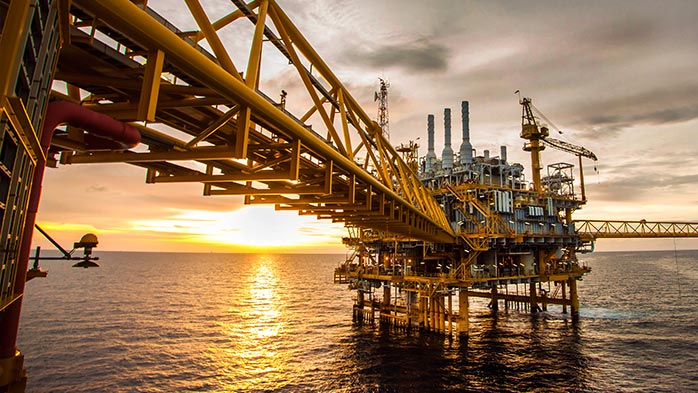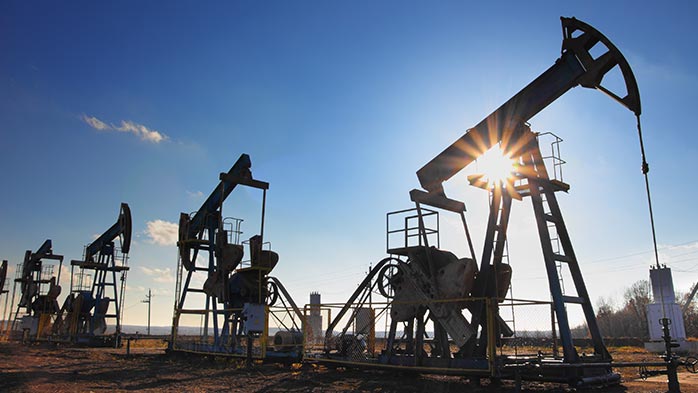The War in Ukraine has increased geopolitical fragmentation as western countries shun Russia. Could this fragmentation cause indefinite structural changes in the oil market? We argue such an outcome is likely.
The EU embargo on Russian crude oil is to begin 5 December. As of September 2022, 20.3% of European crude oil imports were from Russia. In 2011-12, the embargo on Iranian oil led to a decrease of ~1Mbbl/d in production that never rebounded. However, the oil market experienced elevated prices primarily due to the Arab Spring. The loss of Iranian oil did not create much of a disruption to the market but did cause some damage to the Iranian oil industry. While Iranian oil exports accounted for roughly 5.5% of the world's oil exports in 2011, Russian oil exports account for approximately 13.5% today. Russia is a top 3rd producer of oil; therefore, any change in or redirection of its exports is likely to have a more scalable impact on the market.
The EU and G7 are also to begin implementing a price cap on Russian oil at the same time. Before the War, Europe could benefit from relatively cheap Russian energy. In many respects, it was a good business model, except it carried considerable political risk. Europe was unwilling to pay a "premium" for diversifying that risk, betting on the mutual economic benefit of both parties involved. Currently, however, Europe has no option but to divert from Russian hydrocarbons, including Russian oil.
The proposed capped price is around $65 /bbl. However, Russia is reportedly already selling its oil – mainly Urals grade – at or below this price and at a discount to international benchmarks like Brent. There is a small group of vocal EU countries arguing for around $30 /bbl. This lower cap could lead to significant disruption, though it is less likely to be agreed.
The price cap was not welcomed by OPEC+, as it could set a precedent for price-setting by buyers. Saudi Arabia is unlikely to relinquish market power to the west. It is a swing producer in OPEC+ and could slash its production further, supporting its oil prices.
This summer, Russia rerouted significant volumes of oil exports to India and China. We believe that Russia will sustain its current exports to India and China, as these countries continue to purchase this oil at the discount to Brent mentioned above. Moreover, Russia internalises costs related to the arrangement of its own insurance, which can make the trade more enticing for India and China. Meanwhile, Europe will likely incur higher costs when importing its lost 1.5 Mbbl/d from elsewhere. It will likely import more expensive oil from the US, Norway, Saudi Arabia, and other countries.
Such trade reshuffling is a result of Russia and Europe having fewer options and therefore less bargaining power than before the War on the global oil market. The trade changes will likely cement the Brent-Urals oil price spread. These structural changes are likely to last for some time.
These and other economic developments that impact commodity markets are discussed with CRU subscribers regularly. To enquire about CRU services or to discuss this topic in detail, get in touch with us.
CRU experts discussed the impact of the war in Ukraine on commodity markets in a recent webinar. Experts from all major commodity areas joined CRU’s Head of Economics and an energy specialist to discuss markets one month on from the invasion of Ukraine. The webinar is available to watch on-demand here.
















